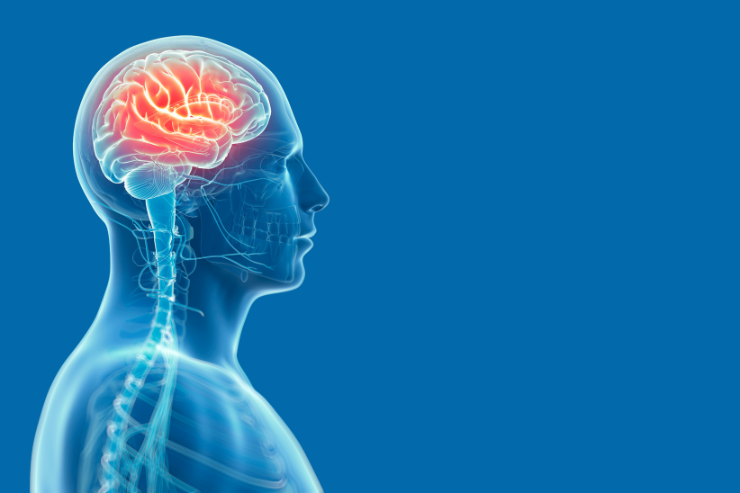- Home
- Epilepsy

Epilepsy is a chronic neurological disorder characterized by recurrent, unprovoked seizures caused by abnormal electrical activity in the brain. It affects people of all ages and can have a significant impact on daily life, depending on the severity and frequency of the seizures.
Types of Seizures
Seizures associated with epilepsy are generally categorized into two main types:
- Focal Seizures: These begin in one specific area of the brain and can cause motor, sensory, or autonomic symptoms. They may or may not involve a loss of consciousness.
- Generalized Seizures: These affect both sides of the brain from the onset and often lead to a loss of consciousness. Common types include absence seizures, tonic-clonic seizures, and atonic seizures.
Causes and Risk Factors
While the exact cause of epilepsy is often unknown, various factors can contribute to its development. These include genetic predisposition, head injuries, brain infections, strokes, and developmental disorders. Other risk factors include a family history of epilepsy, prolonged periods of high fever during childhood, and certain neurological conditions.
Symptoms and Diagnosis
The primary symptom of epilepsy is the occurrence of seizures. Symptoms during a seizure can range from temporary confusion, staring spells, uncontrollable jerking movements, and loss of consciousness to more severe manifestations depending on the type of seizure. Diagnosis typically involves a detailed medical history, neurological examinations, and tests such as an electroencephalogram (EEG) to detect abnormal brain activity.
Treatment and Management
Epilepsy is primarily managed through anti-seizure medications that help control or reduce the frequency of seizures. In some cases, surgery, dietary changes (like the ketogenic diet), or devices such as vagus nerve stimulators may be recommended. Managing epilepsy also involves lifestyle adjustments to avoid seizure triggers and improve overall quality of life. Early diagnosis and consistent treatment are key to effectively managing epilepsy and minimizing its impact on daily living.